Zopiclone 7.5mg
$69.00 – $399.00Price range: $69.00 through $399.00
Shipping: Free shipping on all order sizes | See details
Guarantee: Refunds/replacements on lost orders | See details
Payment: Multiple payment options available | See details
Zopiclone is a non-benzodiazepine sleeping pill used for the short-term treatment of insomnia.
SUMMARY
Zopiclone, a sleep aid, is prescribed for the temporary relief of acute insomnia.
This medication facilitates rapid onset of sleep and prevents nocturnal awakenings by modulating the activity of gamma-aminobutyric acid (GABA), a calming neurotransmitter in the brain.
HAB PHARMACEUTICALS
We acquire our Zopiclone directly from the source: HAB Pharmaceuticals & Research Ltd. With over 30 years of experience HAB Pharma manufacture their products to extremely stringent manufacturing standards.
DOSAGE RECOMMENDATIONS
Recommended zopiclone dose for patients suffering from acute or chronic insomnia is 7.5mg once daily, before bed. Zopiclone should be avoided in woman who are pregnant and who breastfeed, since zopiclone can cross into the placenta and breastmilk, respectively.
For the short-term treatment of insomnia, research has suggested a 7.5mg dose, per night,Hesse et al., 2003. One placebo-controlled cross-over study, involving 30 individual – 15 make, 15 female – sought to compare the residual effects of a 7.5mg zopiclone dose – in conjunction with alcohol – to a placebo. The study was initially conducted to assess motor function (driving test) and psychomotor performance across all individuals. Results showed that a 7.5mg zopiclone dose caused a marked impairment of driving, attention and memory after zopiclone treatment. Authors of study note that driving should be avoided the morning after (7.5mg) zopiclone dose.
Interestingly, other reports have also indicated that zopiclone should not be taken with alcohol, other CNS and illicit drugs which can increase road traffic incidents from impairments.
In terms of residual effects of zopiclone, when compared to that of zaleplon, a 7.5mg dose of zopiclone has longer lasting residual effects when contrasted to zaleplon at a 5mg and 10mg dose.
IMPORTANT: Please consult your health specialist before taking any medication to discuss what would work best for you.
SIDE EFFECTS
The safety profile of zopiclone is addressed via the assessment of its rebound insomnia potential, withdrawal and dependence on zopiclone and residual effects and tolerability. Insomnia in North America and the UK is between 5-15% with around 40% also experiencing daytime sleepiness. Z-drugs, including zopiclone, have the potential to cause spontaneous reactions, such as acute excitement, vivid dreams, along with an increase in hostile, anxious and aggressive behaviour.
In general, Z-drugs, such as zopiclone can produce adverse effects such as headaches, stomach upset and dizziness; however, are usually well-tolerated. Physical side effects of zopiclone include a peculiar metallic taste in the mouth along with reduced coordination in simple tasks. According to the WHO, zopiclone has yet to be examined for any euphoric effects in users.
Related products
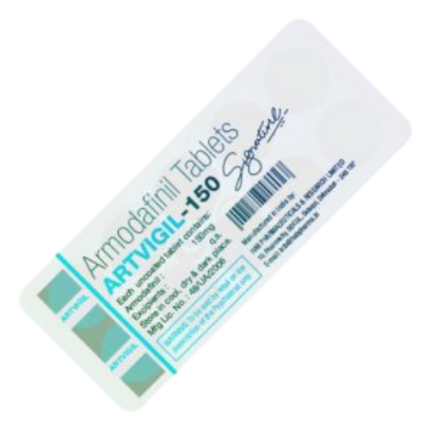
Artvigil 150mg
$69.00 – $459.00Price range: $69.00 through $459.00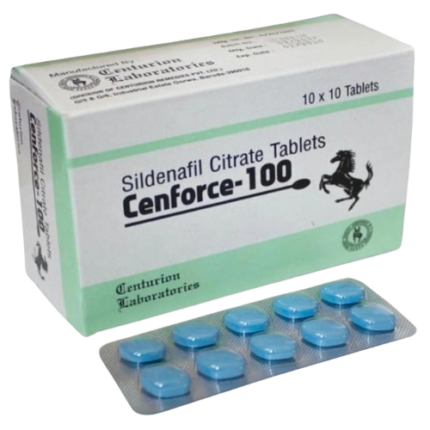
Cenforce 100mg
$59.00 – $229.00Price range: $59.00 through $229.00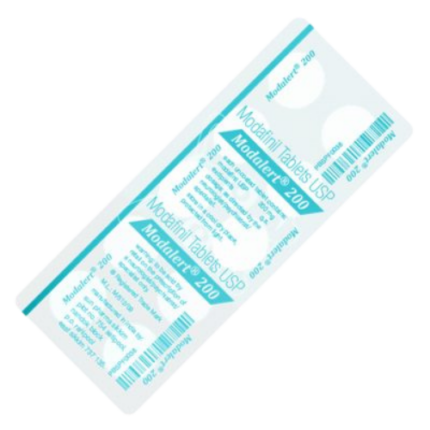
Modalert 200mg
$79.00 – $599.00Price range: $79.00 through $599.00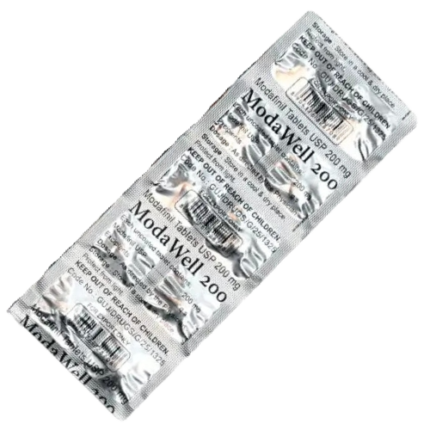
ModaWell 200mg
$69.00 – $409.00Price range: $69.00 through $409.00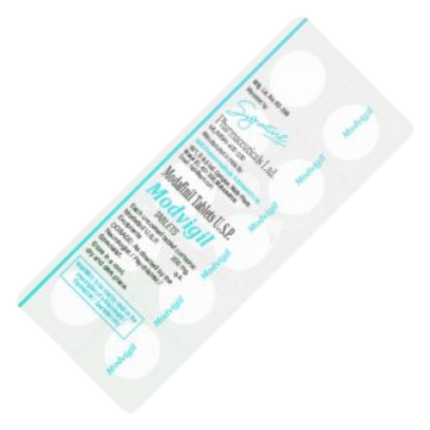
Modvigil 200mg
$69.00 – $459.00Price range: $69.00 through $459.00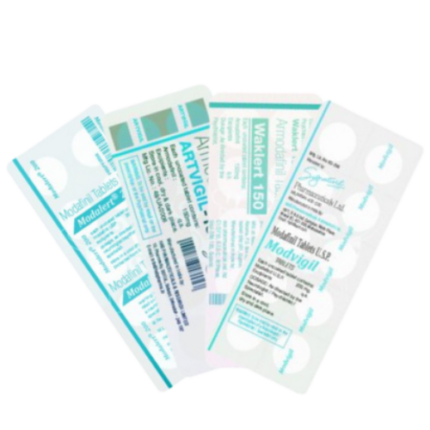
Sample Pack
$79.00 – $119.00Price range: $79.00 through $119.00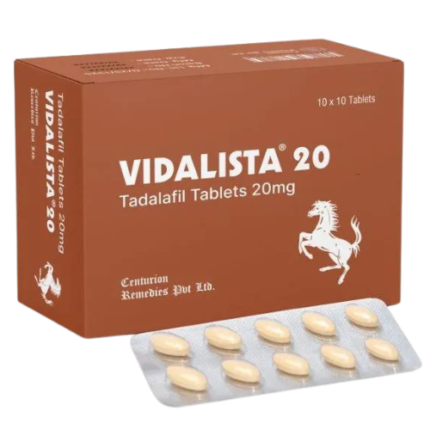
Vidalista 20mg
$59.00 – $229.00Price range: $59.00 through $229.00